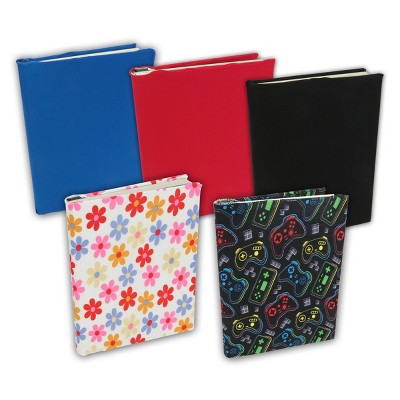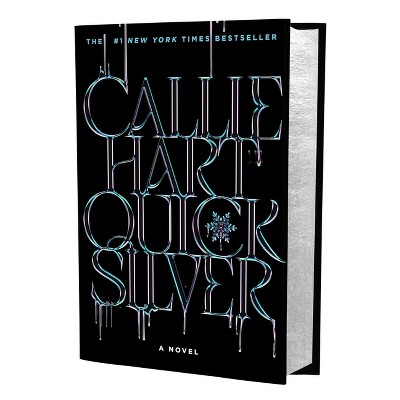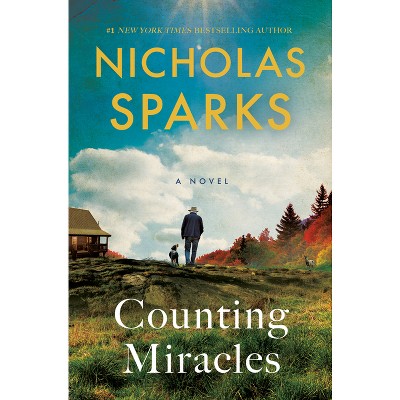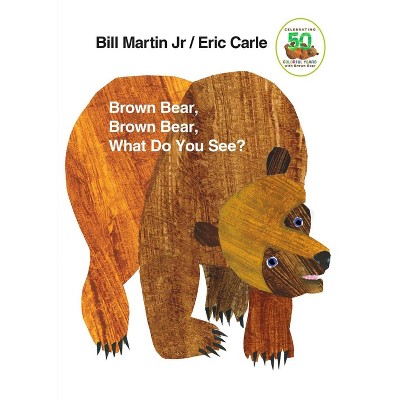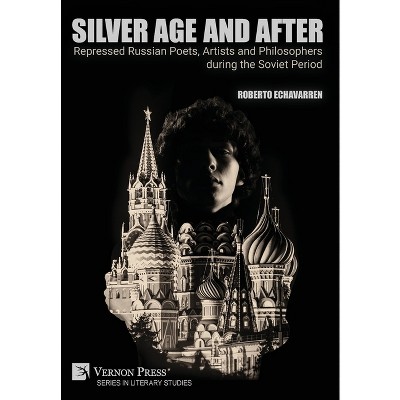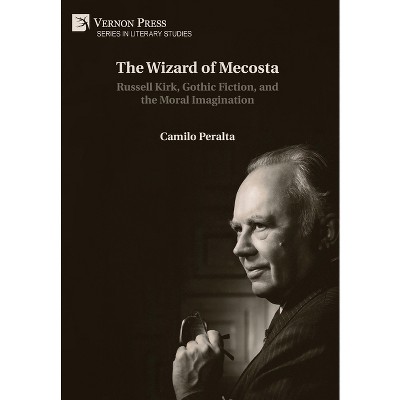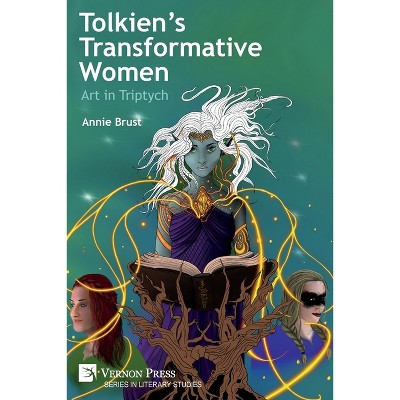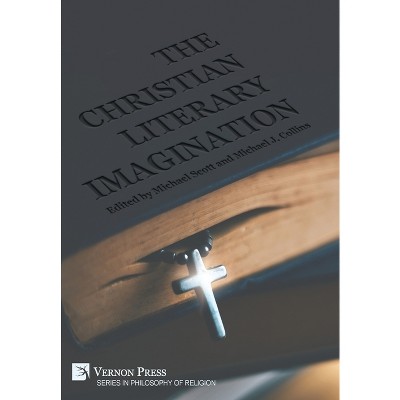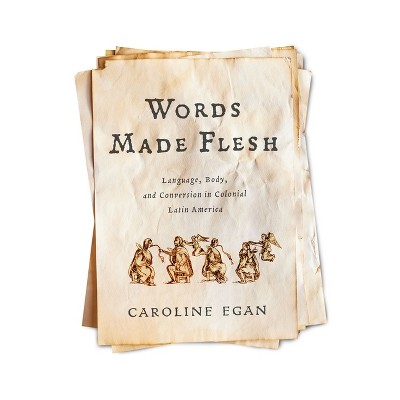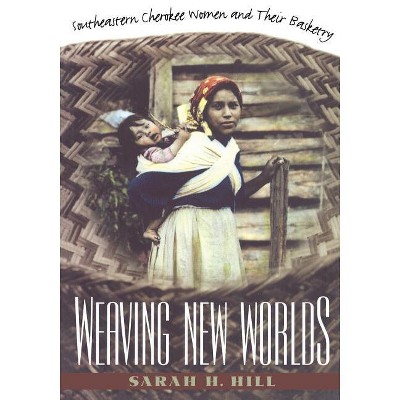Weaving Words into Worlds - (Literary Studies) by Caroline Durand-Rous & Margot Lauwers (Hardcover)

About this item
Highlights
- 'Weaving Words into Worlds' comes as the third spinoff of the international ecopoetics conference organized in Perpignan in 2016.
- Author(s): Caroline Durand-Rous & Margot Lauwers
- 314 Pages
- Literary Criticism, General
- Series Name: Literary Studies
Description
About the Book
'Weaving Words into Worlds' comes as the third spinoff of the international ecopoetics conference organized in Perpignan in 2016. Reflecting upon how the many stories we tell directly influence the world we live in, each of the contributions in this international volume directs our attention to the constant, ecopoetic weaving of word to the world at work via the many entanglements between mind, matter, and meaning, whether on a local or a global scale. It encapsulates how the words, stories, and concepts we humans articulate as we try to make sense of the world we inhabit give part of its shape to the web of ecological relations that we depend on for survival. It seeks to cast light on the disenchanting and reenchanting powers of stories and poiesis in general-as stories retain the power to make us either become oblivious to and destroy or to feel and honor the many, complex ties between the multitudinous nature cultures intertwined within the fabric of a multispecies world always in the making. This book offers a total of fourteen articles written by international scholars in ecocriticism and ecopoetics who, by their analyses of literature and/or films and the political subtext they thus render visible, aim at showing how the study of environmentally minded media may renew our attention to the entangled agencies of the human and the more-than-human realm. Thus, this work offers to counter a reproach ecocriticism has often been met with, namely the over-presence of US scholars and the lack of diversity in subjects in the field, since the articles presented provide a wide variety of approaches and topics with examples of UK and Native American literature, Polynesian myth, graphic novels, or haiku. In doing so, the book expands on the fields of ecocriticism and ecopoetics, adding to this branch of study and enriching it with high-quality academic studies--Jacket.Book Synopsis
'Weaving Words into Worlds' comes as the third spinoff of the international ecopoetics conference organized in Perpignan in 2016. Reflecting upon how the many stories we tell directly influence the world we live in, each of the contributions in this international volume directs our attention to the constant, ecopoetic weaving of word to the world at work via the many entanglements between mind, matter, and meaning, whether on a local or a global scale. It encapsulates how the words, stories, and concepts we humans articulate as we try to make sense of the world we inhabit give part of its shape to the web of ecological relations that we depend on for survival. It seeks to cast light on the disenchanting and reenchanting powers of stories and poiesis in general-as stories retain the power to make us either become oblivious to and destroy or to feel and honor the many, complex ties between the multitudinous nature cultures intertwined within the fabric of a multispecies world always in the making.
This book offers a total of fourteen articles written by international scholars in ecocriticism and ecopoetics who, by their analyses of literature and/or films and the political subtext they thus render visible, aim at showing how the study of environmentally minded media may renew our attention to the entangled agencies of the human and the more-than-human realm. Thus, this work offers to counter a reproach ecocriticism has often been met with, namely the over-presence of US scholars and the lack of diversity in subjects in the field, since the articles presented provide a wide variety of approaches and topics with examples of UK and Native American literature, Polynesian myth, graphic novels, or haiku. In doing so, the book expands on the fields of ecocriticism and ecopoetics, adding to this branch of study and enriching it with high-quality academic studies.
Review Quotes
The collection makes an important contribution to the Environmental Humanities, spanning studies from literary and film ecocriticism to eco-spirituality and philosophy. The authors are drawn from a range of discourses and a range of cultural backgrounds - transAtlantic to postcolonial. In fact, the very idea of 'weaving' honours indigenous approaches to storytelling.
The integrating theme of "Weaving Words into Worlds" is bridging 'the human and other-than-human worlds' to deepen the 'sense of place.' This can be by done by travelling through desert landscapes or even wild gardens as 'spaces of entangled agencies'. For others, it is the experience of trauma that opens the path to re-enchantment.
Ariel Salleh
Ecofeminist activist and writer
Distinguished Visiting Scholar, Queen Mary University of London
"Weaving Words into Worlds" is a beautifully eclectic collection of fourteen ecocritical articles and some original ecopoetry, demonstrating that the experience of telling stories about our human lives as part of nature and in relation to the nonhuman world is intrinsic to our being. We are storytelling, image-making creatures. We derive meaning from experience through the diverse processes of poiesis. The effort to collect diverse artistic voices from various cultures throughout the world, as this book does, is of fundamental importance to the field. The particular contribution of this volume is in the very eclecticism of the texts examined in these articles, which range from traditional Polynesian mythology to contemporary, urban graphic novels, from films about wilderness retreat to nature writing that celebrates the rewilding of the world.
Dr. Scott Slovic
University Distinguished Professor of Environmental Humanities
University of Idaho
This rich volume brings together a wide array of ecocritical takes tied to the notion of reenchantment. Covering a variety of cultural backgrounds, it sparks a compelling conversation touching upon different worldviews, thus shedding a kaleidoscopic light on ecopoetic and spiritual attitudes that may help restore human wonder at the more-than-human world. This book provides much-needed readings of stories and 'ecopoiesis, ' gesturing toward ways of reweaving human cultures, myths, and languages into the complex fabric of the world. Remedying some of the worst side-effects of the disenchanted epistemologies and ontologies brought upon the world by Modernity, the critics and artists brought together in this dense volume pave the way for a multifaceted reenchantment of the world, to be carried out in a self-reflexive way. It will prove of great appeal to scholars, teachers, and students of literature, cinema, poetry, and graphic novels, but also to non-academics with interest in contemporary readings of naturcultures in literature and visual arts. This book offers a timely contribution to the international research program at the University of Perpignan, France, on the ecopoetics of reenchantment. At a time when human societies are in great need of reconnection with the more-than-human world, with all its intricacies, its mysteries and intrinsic value, 'Weaving Words into World's makes headway into greener, more humble, ecopoetic, and self-aware ways of inhabiting the Earth.
Prof. Bénédicte Meillon
Head of the English Studies Department
University of Perpignan Via Domitia, France
EASLCE Vice-President

